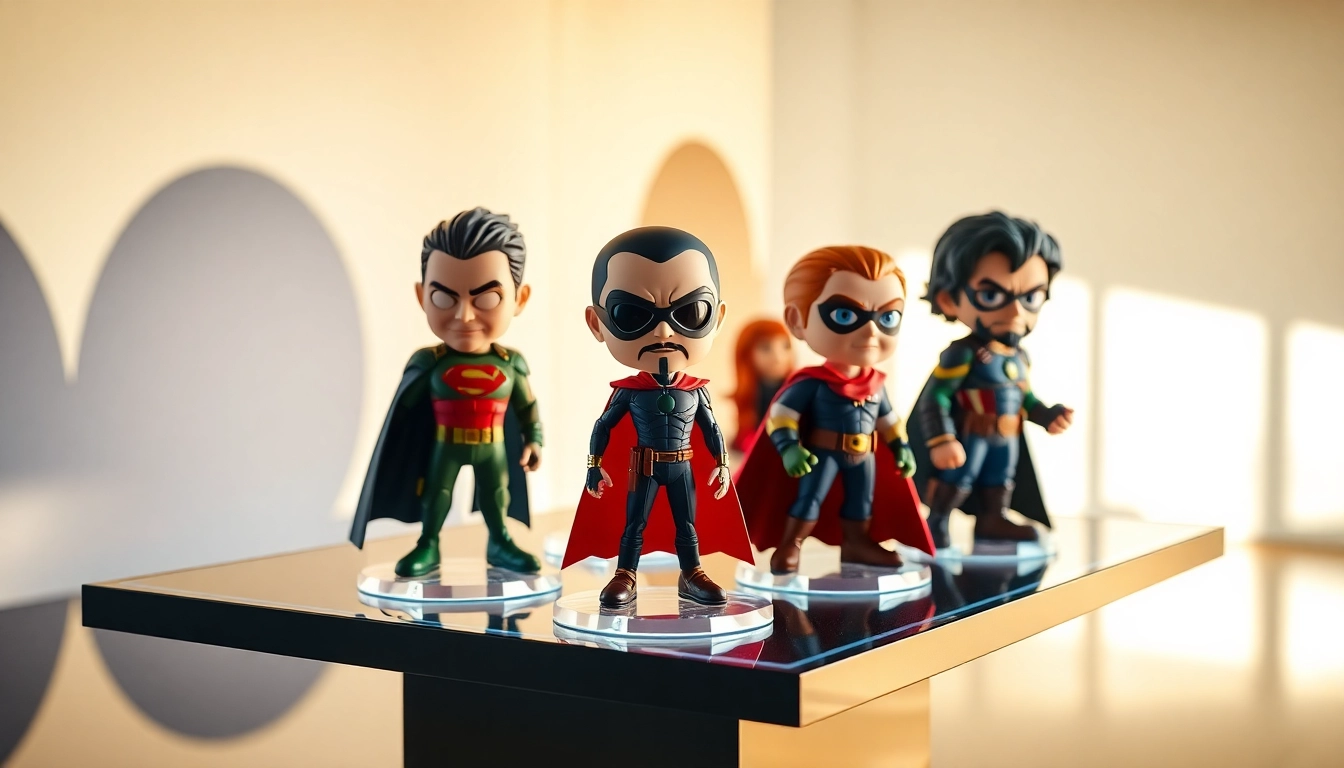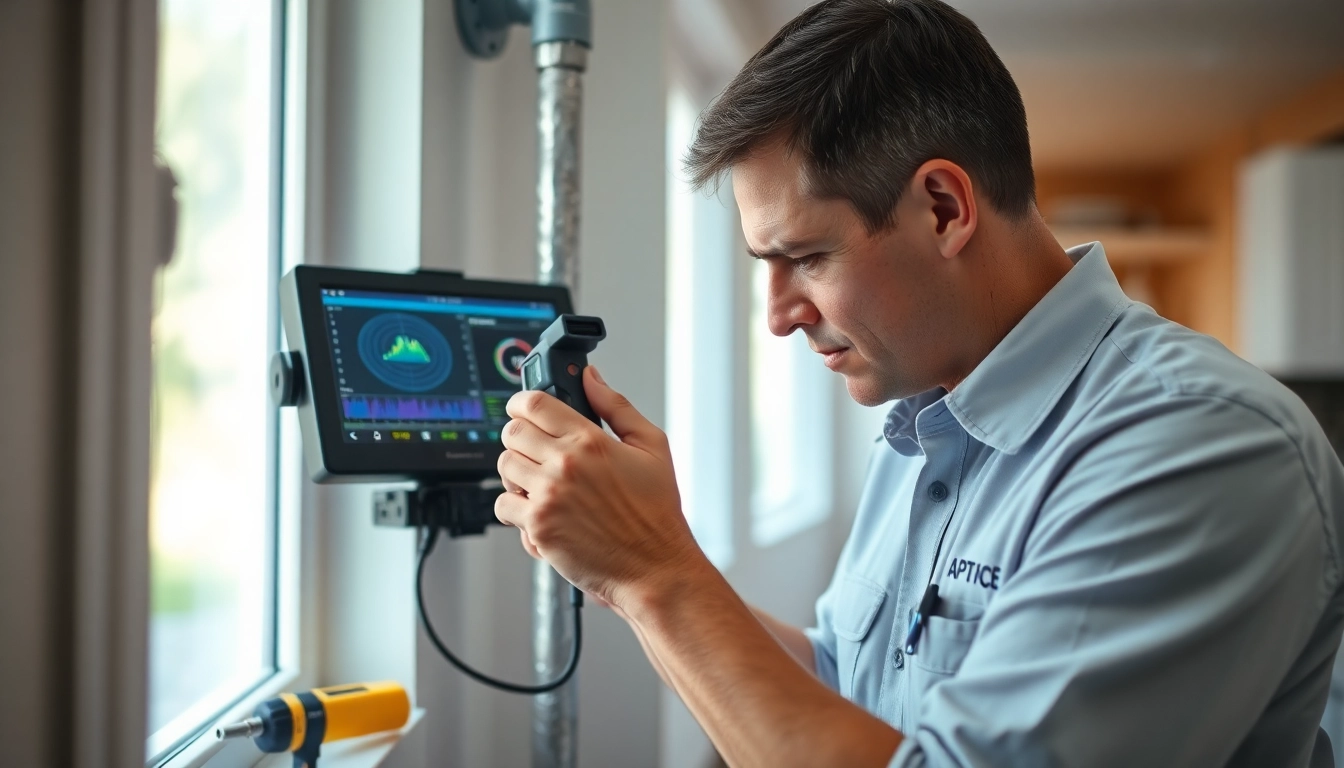Understanding Project Consultation in Gaming
What is Project Consultation?
Project consultation in the gaming industry is a comprehensive process that involves collaborating with industry experts to refine and enhance gaming projects. This process encompasses everything from initial brainstorming to the final rollout of a game. It allows developers to tap into specialized knowledge that can significantly improve the quality and market readiness of their games. Project consultation is a vital step that ensures developers address both technical aspects and user experience considerations as they navigate the complexities of game development.
The Importance of Project Consultation for Developers
For developers, project consultation serves multiple pivotal roles. First, it mitigates risks associated with game development. By seeking advice from seasoned consultants, developers can identify potential pitfalls early on, allowing them to adjust their strategies accordingly. Moreover, it ensures that the game being developed aligns with current market trends and player preferences, which are paramount in a highly competitive industry.
Additionally, project consultation supports the creation of a well-rounded game design. Consultants can provide insights into best practices, technical specifications, creative solutions, and even marketing strategies that may not be evident to in-house teams. With the gaming landscape continually evolving, having a strategic partner to offer guidance can make a difference between a successful launch and a project that fails to resonate with its audience.
Common Challenges Faced by Gaming Projects
Despite the best efforts, gaming projects can encounter several challenges throughout their lifecycle. These challenges include:
- Scope Creep: Often, projects can expand beyond their original intent, adding unnecessary features that can delay release.
- Technical Constraints: Developers may face technical limitations that hinder the performance of the game or prevent the incorporation of desired features.
- Budget Overruns: Insufficient budgeting can leave projects underfunded, leading to compromises on quality or feature sets.
- Team Misalignment: Without clear communication and guidance, team members may not share the same vision, resulting in inconsistent development.
Steps to Effective Project Consultation
Preparing for Your Consultation Session
Preparation is key to maximizing the effectiveness of any consultation session. Developers should start by clearly defining the project’s goals, intended audience, and specific challenges they are facing. Having concrete data and metrics will help consultants provide tailored advice. In addition, gathering existing project documentation, design prototypes, and player feedback, if available, fosters a more informed discussion.
Furthermore, it’s beneficial to create a list of expectations for the consultation. Are you looking for creative ideas, technical solutions, or market insights? Being transparent with your consultant about your needs and expectations can guide the session towards productive outcomes.
Key Questions to Ask During Consultation
Engaging in a dialogue rather than a one-way conversation during consultations is crucial. Here are some key questions developers should consider asking:
- What market trends do you see influencing our project, and how can we align with them?
- What are the technical limitations we might face, and how can we navigate them effectively?
- Can you identify potential risks with our current project strategy?
- What successful examples from other projects can you share that align with our objectives?
- How can we improve our user engagement based on your experience in the field?
Documenting Project Goals and Objectives
Proper documentation is essential in ensuring that every stakeholder is aligned on project goals and objectives. After each consultation session, developers should compile a summary that outlines the insights gained, action items recommended, and any changes in project scope. This not only provides a reference for future discussions but also allows for tracking progress against defined goals. Incorporating metrics that gauge user engagement, gameplay satisfaction, and technical performance can also help measure the success of implemented strategies.
Best Practices for Engaging with Consultants
Building a Collaborative Environment
Creating a collaborative environment is essential to foster innovation and creative problem-solving. Developers should treat consultants as collaborative partners rather than external vendors. This can be achieved by involving consultants in brainstorming sessions, where ideas can flow freely. Regular check-ins and updates can further strengthen this collaborative atmosphere, ensuring all parties remain aligned as the project evolves.
Communicating Your Vision Clearly
Effective communication is the backbone of successful project consultation. Developers should strive to articulate their vision for the game clearly, explaining not just what they want to create, but why it matters. Sharing the core values and aspirations behind the project can help consultants understand the essence of the game and offer insights that truly align with the developer’s passions.
Measuring Consultant Performance and Impact
After implementing recommendations from consultants, it’s crucial for developers to measure the impact of those changes. Establishing key performance indicators (KPIs) related to gameplay experience, user acquisition, and retention rates can provide quantitative feedback on the efficacy of consultations. Continuous feedback loops allow for adjustments and refinements, ensuring the game remains on track to meet objectives.
Case Studies: Success Through Project Consultation
Analyzing Successful Gaming Projects
Examining cases of successful gaming projects can yield crucial insights into the role of project consultation. One notable example is the resurgence of games that initially faced obstacles but ultimately thrived through expert advice. For instance, a well-known indie game, originally criticized for its graphics, leveraged consultation to redesign its aesthetic, resulting in a product that received acclaim post-launch. The key takeaway here is that the right consultation can transform a struggling concept into a hit by aligning it with target audience expectations.
Lessons Learned from Failed Consultations
Not every consultation leads to success. Several high-profile projects have faltered despite extensive consulting efforts. One common thread in these failures was miscommunication regarding project goals. For example, a gaming studio once failed to deliver a satisfying player experience due to conflicting visions between internal teams and external consultants. This highlights the necessity for clarity and alignment to ensure that all parties are working toward the same outcomes.
Innovative Solutions in Project Management
Through projects that succeeded and those that stumbled, innovative solutions have emerged that can guide future consultations. An example includes the rise of agile project management methodologies in gaming development, which emphasize flexibility and iterative progress. By embracing agile practices, developers can incorporate feedback from consultants steadily throughout the development process rather than relying solely on pre-launch consultations. This adaptive approach not only optimizes the game experience but can also lead to groundbreaking innovations that resonate with players.
Future Trends in Project Consultation for Gaming
Emerging Technologies Reshaping Consultation
The future of project consultation in gaming is poised to be further transformed by emerging technologies such as AI and machine learning. These technologies can analyze vast amounts of data to generate insights about player behavior, allowing for tailored consultations that adapt to real-time trends. For instance, AI-driven analytics can help identify game design flaws or player drop-off points, enabling developers to pivot their strategies effectively based on actionable insights.
The Growing Demand for Remote Consultations
The advent of remote work has instigated a significant shift in how consultants and developers collaborate. With the rise of remote consultation, developers have access to a broader pool of expertise, regardless of geographic barriers. Video conferencing and collaborative tools allow for seamless interaction while fostering diverse perspectives that can enrich the development process. This shift underscores the importance of adaptability in consultation practices as geographic boundaries diminish.
Adapting to Market Changes and User Preferences
The gaming market is notoriously volatile, with player preferences shifting rapidly. As such, project consultation must evolve to prioritize adaptability. Consultants who possess a deep understanding of market dynamics and player psychology will play an increasingly critical role in guiding developers through the intricacies of game design and marketing strategies. Furthermore, staying abreast of regulatory changes and technological advances will be essential for fostering sustainable growth in gaming projects.



